What did James Bond do in the Second World War?
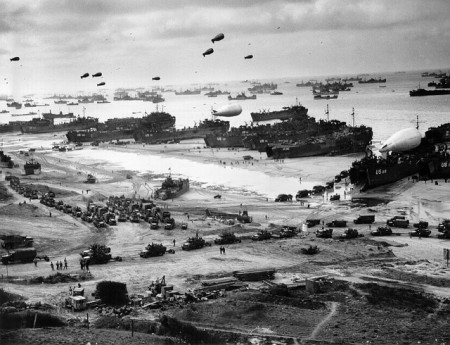
Photo: The Normandy landings
I started thinking about this recently when I read William Boyd’s continuation novel Solo in which Bond, from the point of view of the late 1960s, experiences flashbacks to the war; in this story, the then Lieutenant Bond landed in Normandy on D-Day Plus One with a small group of commandos from 30 Assault Unit – a nice nod to Bond’s creator, who set that unit up with the intention to steal enemy intelligence (its history is covered by the excellent Ian Fleming’s Commandos by Nicholas Rankin).
It’s also a nod to the wartime origins of James Bond. 007 may be a creature of the Cold War but he was very much created by the Second World War; Fleming himself had worked in naval intelligence and while he gave Bond certain semi-autobiographical aspects (the RNVR rank, the specially-made Morland cigarettes), he based him on a number of people whose war was fought behind enemy lines. Bond, he once declared, was “a compound of all the secret agents and commando types I met during the war”, although he never went into specifics on this. Several candidates have presented themselves over the years, and in each of them we can see certain Bond-like characteristics (the superb marksmanship, the liking of women, fast cars, casinos, hard liquor, etc. in some of them, a ruthless streak in all) but the fact remains that like many fictional characters Bond is a composite.
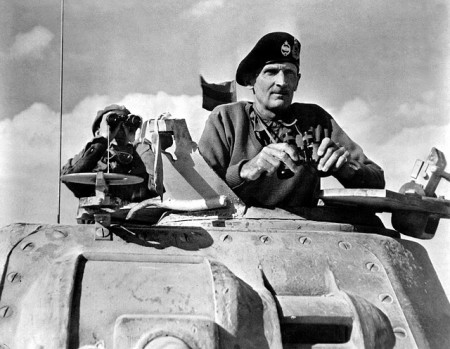
Photo: Field Marshal Bernard Montgomery in 1942
For something that was crucial to the development of the Bond character, the Second World War is kept firmly in the background in the novels; like many real-life war heroes, Bond himself hardly ever mentions it. The bare bones of his war service are laid out in the obituary that appears towards the end of You Only Live Twice. This is written by M writes for The Times when Bond is missing presumed dead after his mission to Japan. Referring to Bond’s earlier life, it is stated that he left Fettes at seventeen:
“By now it was 1941 and, by claiming an age of nineteen and with the help of an old Vickers colleague of his father, he entered a branch of what would subsequently be called the Ministry of Defence. To serve the confidential nature of his duties, he was accorded the rank of lieutenant in the Special Branch of the RNVR, and it is a measure of the satisfaction his service gave to his superiors that he ended the war with the rank of Commander. It was about this time that the writer became associated with certain aspects of the Ministry’s work, and it was with much gratification that I accepted Commander Bond’s post-war application to continue working for the Ministry…”
This conflicts with information given in the earlier novels which indicate that he’d joined the Secret Service before the war (in From Russia, with Love we find, via SMERSH’s file on Bond, that he’d joined in 1938). Going by the later information, though, we can calculate that Bond had been born in 1924 but had muddied the waters by lying about his age. From the age of 17, then, he was involved in the secret war – the Special Branch was a division of the Royal Naval Volunteer Reserve for officers whose duties did not require them to be trained as seagoing officers (among them a certain Commander Fleming) and could therefore serve as cover for a secret agent.
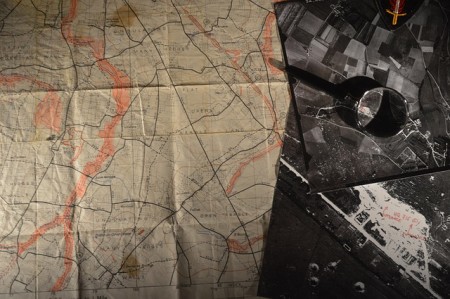
There are very few other clues in the novels about what he may have done in the war, although those that Fleming did chose to give ask some interesting questions.
In Live and Let Die we learn that “Bond had worked for a time under Station A during the war” – Station A being the section of the Secret Service that dealt with the United States. This could well relate to one of the kills that earned Bond his Double O status, for in Casino Royale he explains: “I’ve got the corpses of a Japanese cypher expert in New York and a Norwegian double agent in Stockholm to thank for being a Double O.” Certainly the killing of a Japanese agent sounds more like something from the Second World War rather than the Cold War, while the capital of neutral Sweden would have been an espionage hot-spot.
Later on, a more front-line role is hinted at. In Dr. No, Bond comes under fire from a machine-gunner not long after he and Quarrel meet with Honeychile Rider: “Then came the swift rattling roar Bond had last heard coming from the German lines in the Ardennes.” The Ardennes Offensive, usually referred to as the Battle of the Bulge, was a German counter-attack on Allied lines in the winter of 1944-45. Quite what a British naval intelligence officer would have been doing with the Americans when the Germans attacked is a tantalising question.
Then there’s a possible reference in Thunderball when Bond is welcomed aboard an American submarine and asked if he’s been in one before. He replies that he has, “but only as a supercargo. I was in intelligence – RNVR Special Branch. Strictly a chocolate sailor.” As a desk-bound warrior who wore the RNVR uniform, Fleming was definitely familiar with the ‘chocolate sailor’ jibe, but a supercargo? This would imply that he was responsible for something that was being delivered by submarine – and in the Second World War, submarines were used to infiltrate secret agents and heir equipment into enemy territory.
Perhaps the most surprising thing is that, in presenting the reader with the Normandy vignette before sending 007 off on a mission to Africa, Boyd appears to be alone among the continuation Bond authors in exploring, albeit tentatively, Bond’s war experiences. Surely this is fertile ground for would-be continuation Bond authors? What James Bond did in the Second World War: Now there is a novel, or perhaps even a series of novels, waiting to be written.
Nick Young is a writer whose areas of particular interest are history, travel and books (especially thrillers). His blog can be found at http://nick-young.blogspot.com.






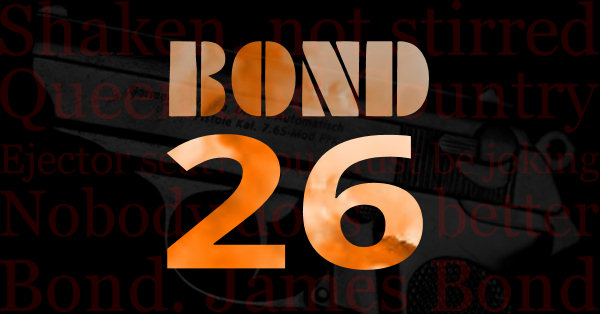
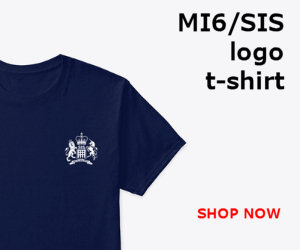



November 4th, 2015 at 02:29
What about The Authorised Biography of James Bond? It has some WWII stories. Otherwise, good article! Shalom!